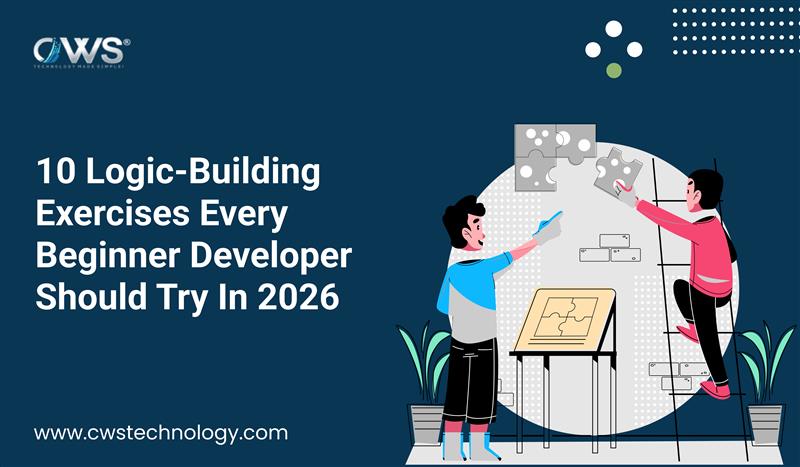The Truth No One Tells Beginners
If you’re just starting your journey into software development, chances are you believe success is all about knowing the right programming language, memorizing syntax, or completing that long list of tutorials.
But here’s the hard truth: coding alone won’t make you a developer.
In fact, the most successful developers share one skill that has nothing to do with writing code—and mastering it could be the difference between getting stuck in tutorial purgatory or becoming a confident, hire-ready professional.
The Skill: Problem-Solving
Yes, it’s that simple—and that complex.
Problem-solving is the real foundation of software development. Programming languages are just tools; problem-solving is the blueprint. Without it, you’re simply typing instructions into a machine without understanding the why.
The best developers aren’t the ones who can recall the exact syntax of a method from memory—they’re the ones who can look at a messy, unclear problem and figure out the most efficient way to solve it.
Why Problem-Solving Beats Coding Knowledge
Let’s be clear—coding is important. But here’s why problem-solving wins:
- Technology Changes. Logic Doesn’t.
Today it’s JavaScript, tomorrow it might be Rust, Go, or something new. Problem-solving skills adapt across languages and frameworks. - Employers Hire Thinkers, Not Typists.
Businesses aren’t paying for someone to just “write code”—they’re paying for solutions to real-world problems. - Frameworks Can Be Learned in Weeks, Thinking Takes Years.
Anyone can learn a syntax guide, but critical thinking comes from practice, curiosity, and persistence.
How to Build Your Problem-Solving Muscle
If problem-solving is so important, how do you get better at it? Here’s what works:
1. Understand the Problem Before Touching the Keyboard
Too many beginners rush to code without fully understanding the task. Ask questions, clarify requirements, and break the problem down before you even think about writing a function.
2. Break Big Problems Into Smaller Ones
Large problems can be overwhelming. Learn to deconstruct them into manageable pieces. Solve each piece, then put the puzzle together.
3. Learn to Debug Like a Detective
Errors aren’t failures—they’re clues. Reading error messages, logging output, and testing assumptions help you develop a diagnostic mindset.
4. Practice With Constraints
Try solving problems with fewer tools or stricter rules. This forces you to think creatively instead of leaning on shortcuts.
5. Study How Others Solve Problems
Read code, watch walkthroughs, and learn multiple approaches. Exposure to different problem-solving styles makes you more adaptable.
A Real-World Example
At CWS Technology, we often work with developers across different experience levels. One of our most promising hires wasn’t the fastest coder in the room—but when faced with a critical client bug, they spent more time understanding the root cause than applying quick fixes. The result?
They delivered a stable, long-term solution instead of a patch that would break in two weeks.
That’s the difference between a beginner who “codes” and a developer who solves problems.
Turning Knowledge Into Value
The shift from beginner to developer happens when you stop asking,
“How do I write this code?”
and start asking,
“How do I solve this problem in the best way possible?”
If you can think critically, plan logically, and adapt to challenges, your code will improve naturally—because it will have a purpose.
Anyone can copy code from Stack Overflow. But true developers understand, adapt, and create solutions.
If you want to grow in your career, focus on building your problem-solving skills as much as your coding skills—because that’s what will make you indispensable in any tech stack, team, or technology trend.








